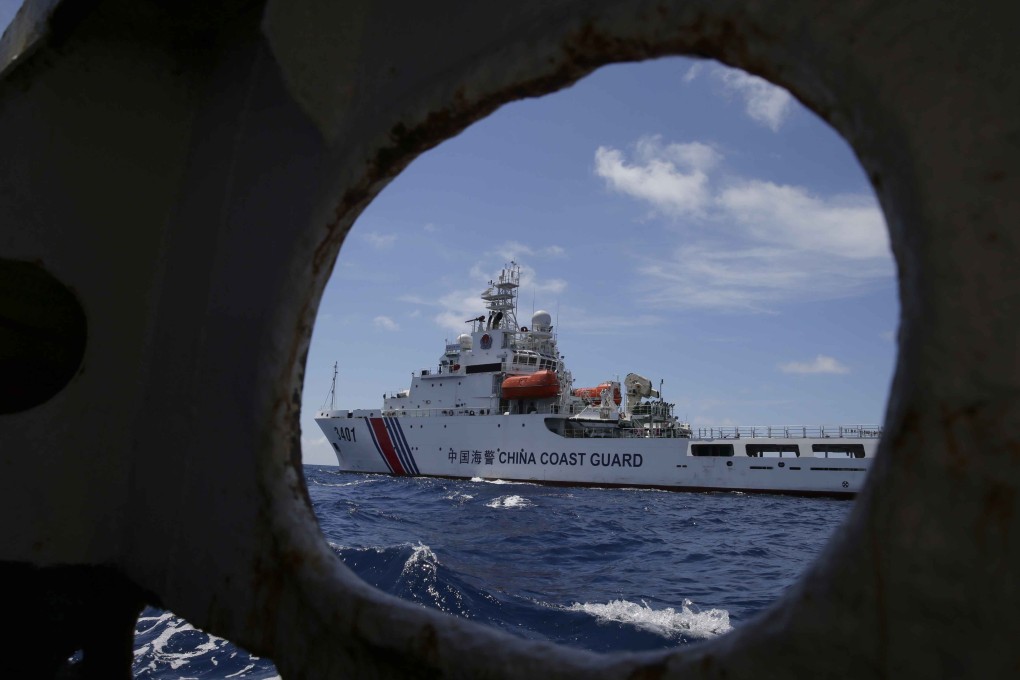China's superiority complex must be carefully managed
Reuben Mondejar says China is increasingly showing signs of the imperiousness it flaunted in its dealings with outsiders in the past

In modern China's security dealings, one notion is gradually coming to the fore: that the imperiousness that once dictated ancient China's policies seems to be manifesting itself once more in the present day.
For all but the most recent 200 of the last 2,000 years - its "sick man of Asia" period - China has lived up its self-proclaimed "Middle Kingdom" title: a country that saw itself as the centre of the world by virtue of its superiority in economic production and a perceived divine entitlement to universal rule.
Now on the rise after two centuries of languishing in the wake of subjugation by the West and internal division, a united China is again showing signs of eagerness to assert its strength, both on its own people and on other countries in the Asia-Pacific region. Beijing recently stood firm against Hong Kong's Occupy Central protests for democracy. In doing so, China underlined its right to "comprehensive jurisdiction".
China has also had a long history of human rights issues and censorship - it ranks among the top nations in terms of the number of journalists arrested, for example.
Several countries in East and Southeast Asia are also now experiencing escalating pressure from China to concede strategically positioned maritime territories, such as the Senkaku/Diaoyu Islands near Japan in the East China Sea, and the Spratly Islands in the South China Sea near the Philippines. The claims China places on these territories, thought to contain an abundance of natural gas and oil resources, are laid on the basis of the so-called "nine-dash line" that leaves much room for misinterpretation.
Skirmishes have occurred, and tensions between China and the Philippines in particular have reached such a high that the latter has taken the Spratly Islands case to the tribunal under the UN Convention on the Law of the Sea.